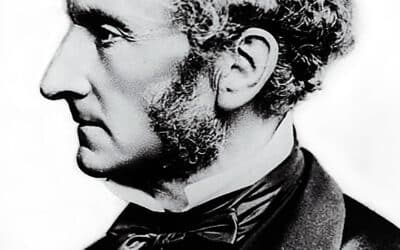While political correctness is typically associated with the American Left, modern conservatism has its own sacred totems that dare not be criticized. Like its progressive counterparts, the Right’s choices of sanctification fit together like an elegant jigsaw puzzle to form an internally consistent worldview. Police, Military, Bible, and Flag are all symbols of the Right—each embodying order, tradition, and Americanism to varying degrees.
In response to our president’s provocative tweets, many NFL players are now kneeling during the national anthem. While many conservatives are criticizing their tactic and position, neither concerns me here. Those who have watched NFL games are familiar with jets flying overhead, soldiers touting the American flag, and other such theatrics. Like any other advertisement, this is intended to sell to the American people the most benign view of the product at hand. But in contrast to sellers in the free market, the State takes a brilliant additional step. It has drilled into the American collective consciousness that to reject its product, the military, is ‘un-American’ and therefore immoral.
American children are told to put their hand over their heart and repeat the Pledge of Allegiance every morning. I had thought that the United States respected a tradition of separation of Church and State, but those in power had discovered a loophole—infuse religiosity into itself until the State becomes a Church in its own right. A common rebuttal to such (perceived) cynicism is that the Pledge is ‘merely’ a way to instill patriotism into society’s youth. But again, patriotism is assumed, a priori, to be a moral good. Acceptance of moral dictums from authority is a sign of religion at play. Just as with an Abrahamic religion, the religion of the State has inculcated the masses into dichotomizing people into moral categories. Those who revere the flag, the military, and the president are good (obedient), while those who reject such positions are bad (heretical).
Moreover, as with any policy imposed on the masses, there have been unintended consequences to the State indoctrination of Americans. The factory of American schools and the rest of the State apparatus churn out not just patriots, but nationalists, a phenomenon that now has many concerned. While nationalism is, in itself, an innocuous, albeit irrational form of tribalism, it does lend itself to damaging economic policies, such as protectionism and closed borders. Trade tariffs, a protectionist policy, are a form of rightwing socialism—effectively, the wealth of American consumers is redistributed to those American companies who benefit, in the short-term, from the tariff.
At least with traditional religions, one may decide to not participate. I never chose to support the War on Drugs, nor any military adventures overseas. Yet support them I do, through the coercive measure modestly known as ‘taxation’. Never has ‘wolf in sheep’s clothing’ been more fitting.
On September 25th, President Trump tweet, “The issue of kneeling…is about respect for our Country, Flag and National Anthem.” But ideas and objects are not deserving of respect. People are to be respected, not symbols or the ideals they embody. To be sure, I am not advocating gratuitous acts of disrespect towards the State’s totems, any more than I would advocate burning Bibles or stomping on Qurans. Courtesy should not be thrown by the wayside. Nonetheless, it is not immoral to burn a book, and it is not immoral to reject patriotism.
Those who live in the United States have much to be grateful for. Our society is one of the most prosperous and freest that has ever existed. But society and government are not the same, and we would do well to remember that. So no, those who refuse to yield before State symbols are not immoral in their actions. While many view the NFL-Trump drama as an impetus to discuss race relations and police brutality, another opportunity has been unleashed, there for the taking. Why should the State be revered at all? Let the conversation begin.






